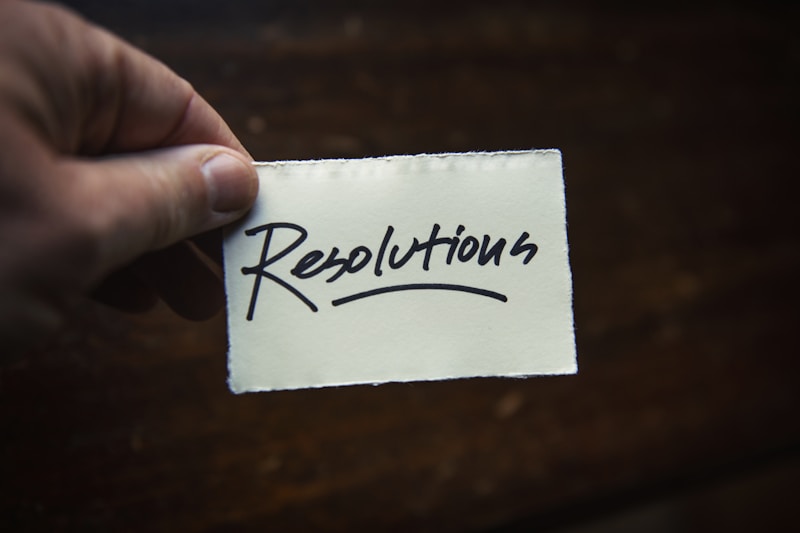Well, here we go again. Lockdown 3.0. We kind of knew it was coming, but that doesn’t make the news any easier to hear.
But in the Prime Minister’s latest lockdown announcement we heard that “roughly one in 50 people have contracted the virus, higher in some parts of the country, lower in others.” This means that we need to play our part to help those NHS staff and key workers who are working so hard and sacrificing so much to save lives.
But we are still allowed to feel sorry for ourselves, as any tentative plans we’d made for the next couple of months and a new year go down the drain – again.
How has 2020 taken its toll?
I started to compile a list of how 2020 had taken its toll and then had to stop to have a little cry. Good Lord, it’s been tough.
- We don’t have anything to look forward to.
- We spend a lot of time on screens (including yoga teaching/learning).
- We may well have put on weight.
- We can’t leave our local area.
- We aren’t seeing friends and family.
- We aren’t imbibing art and culture. Well, apart from Netflix.
- We might have lost loved ones.
- We might be anxious about getting ill or, if we’ve been ill, frightened of the impact on our long-term health.
- There might be a strain on the relationships of those we share our household with.
- As parents, we are trying to juggle three jobs at once and might feel like we are failing at everything.
- We may have lost our job, business, or be struggling to survive financially.
If one or all of these apply to you, then the first thing to do is to recognise that this is no small list of hardships. We shouldn’t be expected to carry on as normal, or always look for the positive.
What we can do about it
Christmas cards all around the country said, ‘And here’s to a better 2021!’ or words to that effect. And now it feels like we’re in an even worse position than March 2020. But this time, we do have a glimmer of hope in the vaccines that are being rolled out across the country. There is an end to this.
So now we have to dig in and find a way to get through these next couple of months.
Bestselling author Matt Haig is candid about his own mental health. In one of his latest Instagram posts, he admitted that he struggled in the first lockdown and made a list of ten things that helped him. His first point was to create a routine ‘baggy enough to live in’. Which is a really nice phrase.
So although it feels like all we want to do is stay in bed all day and hide, that actually doesn’t help in the long term. Unless that’s your routine.
Have a Lockdown Routine
With a routine, we feel that we know where we are in the day. With so much uncertainty all around us, having a rough routine is reassuring as well as being distracting from just falling down a rabbit hole of anxiety.
The Mental Health Foundation recommends, ‘Create a new daily routine that prioritises looking after yourself.’ Those of you who are back to homeschooling small children, as well as working from home, will laugh/cry at this recommendation as your new daily routine will be ‘just surviving’. But that’s ok too. Sit down with your kids and work out a daily weekday routine. Perhaps you’ll go back to the last lockdown timetable, or maybe throw that one out and start again with fewer expectations.
Most parents opted for a couple of hours in the morning and then freestyle afternoons and maybe some reading time after tea.
If you’ve been furloughed again it’s even more important that you have some kind of routine otherwise the months ahead will drag interminably.
One of the few silver linings of the pandemic has been the explosion of online yoga that is available to us. Find a 30-day yoga challenge that you can log in to every day, or carry on going to your usual yoga class with familiar faces, which will give you that sense of being part of your yoga community.
Lower your Expectations (again)
As citizens of the 21st century, we are programmed to achieve. In lockdown, this is hard, as everything is shut and nearly all activities apart from walking, eating and sleeping, are back online. And there is a limit to how much one can do online – while staying sane.
So, celebrate the little wins, such as, ‘I made the bed today’, or ‘I did 20 minutes yoga practice‘, or ‘the kids got fed today’.
Don’t put undue or unrealistic pressure on yourself. Life is hard enough as it is at the moment.
Be in Nature
We’re still allowed to go out for exercise. Granted, this is less tempting when it’s grey, raining and freezing cold, but even 20 minutes round the block can help to refresh the mind, body and spirit.
Try a little bit of mindful walking, or yoga off the mat.
If you’re lucky enough to have a garden go and stick your nose near the earth. You’ll see bulbs coming up, flowers from last year, seed heads, and lots of tiny life, all busy growing and living.
One day this will be over
I’ve been repeating this to friends and family like a mantra. I’ve also come to the conclusion that I will never again spend as much time with my husband and children.
While this feels intense at the moment I’m aware that in years to come, and with the benefit of hindsight, I will look back and think how wonderful it was that I was able to be with my best beloved for such a long stretch of time.
Because, one day, this WILL be over. Back to author Matt Haig:
Remember this will one day be over and we will appreciate the things we couldn’t do more than ever before. This is a massive value check. We have learned what we really need and miss and what and who we can do without. And very often the worst of times lead to the best of us. Change is pain, but pain is growth. Like a night sky we sometimes need the dark to see the light.













